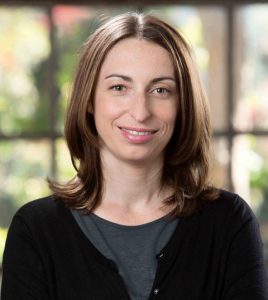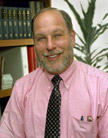Natalia Z Jura, PhD
Research Interests:
Receptor tyrosine kinases, kinase regulatory mechanisms, membrane proteins, feedback regulation of cell signaling
Summary:
We study basic mechanisms of cellular signaling by Receptor Tyrosine Kinases with a goal to understand how cells receive and process growth signals provided by the neighboring cells and the extracellular milieu. Receptor Tyrosine Kinases are single pass transmembrane receptors that catalyze tyrosine phosphorylation upon activation of their intracellular kinase domains. These receptors are principal regulators of growth and survival signals in cells and therefore frequently become deregulated in human diseases. We are interested in understanding how the kinase activity of these receptors is regulated by ligand binding and how the receptors associate with their regulatory components during the activation process. By combining biochemistry and cell biology we are studying these processes in the reconstituted membrane systems in vitro and in the plasma membrane of the living cells. We also use crystallography to gain an atomic resolution insight into Receptor Tyrosine Kinase regulation that will help us design new approaches for therapeutic intervention.








